
Kibira National Park: The Emerald Jewel of Burundi
Kibira National Park is a lush and vibrant rainforest located in the northwestern part of Burundi. Covering an area of over 400 square kilometers, it is one of the country's most significant natural reserves. The park is home to a rich diversity of flora and fauna, making it a paradise for nature enthusiasts and wildlife photographers. Visitors can expect to see a variety of animals including chimpanzees, baboons, and a multitude of bird species. The park also features a network of well-maintained trails, ideal for hiking and exploring the dense forest. These trails offer breathtaking views and the chance to experience the serene beauty of nature up close. Guided tours are available, providing valuable insights into the park's ecosystem and the efforts being made to conserve it. Kibira National Park is not just about wildlife; it also has a cultural aspect. The local communities around the park have a rich tradition of storytelling and craftsmanship. Visitors can engage with local artisans and purchase handmade crafts as souvenirs. The park's proximity to the capital, Bujumbura, makes it a convenient day trip or a weekend getaway.
Local tips in Kibira National Park
- Plan your visit during the dry season, from June to August, for the best hiking conditions.
- Hire a local guide to enhance your experience and learn more about the park's ecosystem.
- Wear comfortable hiking shoes and bring insect repellent to make your trek more enjoyable.
- Respect the wildlife and maintain a safe distance from the animals.
- Don't forget to bring a camera to capture the stunning landscapes and diverse wildlife.
Kibira National Park: The Emerald Jewel of Burundi
Kibira National Park is a lush and vibrant rainforest located in the northwestern part of Burundi. Covering an area of over 400 square kilometers, it is one of the country's most significant natural reserves. The park is home to a rich diversity of flora and fauna, making it a paradise for nature enthusiasts and wildlife photographers. Visitors can expect to see a variety of animals including chimpanzees, baboons, and a multitude of bird species. The park also features a network of well-maintained trails, ideal for hiking and exploring the dense forest. These trails offer breathtaking views and the chance to experience the serene beauty of nature up close. Guided tours are available, providing valuable insights into the park's ecosystem and the efforts being made to conserve it. Kibira National Park is not just about wildlife; it also has a cultural aspect. The local communities around the park have a rich tradition of storytelling and craftsmanship. Visitors can engage with local artisans and purchase handmade crafts as souvenirs. The park's proximity to the capital, Bujumbura, makes it a convenient day trip or a weekend getaway.
When is the best time to go to Kibira National Park?
Iconic landmarks you can’t miss
Gishora Drum Sanctuary
Experience the rhythm and culture of Burundi at the Gishora Drum Sanctuary, a UNESCO World Heritage Site dedicated to traditional drumming.
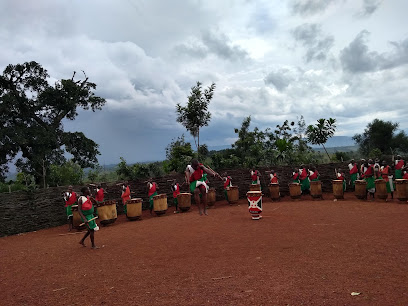
Ruvubu National Park
Discover the breathtaking wildlife and serene landscapes of Ruvubu National Park, a hidden gem in Burundi's natural heritage.
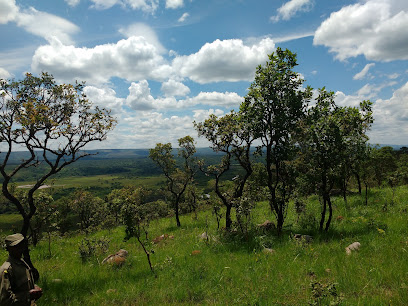
Unmissable attractions to see
Place de l'Indépendance
Discover Burundi's history and national pride at Place de l'Indépendance, a vibrant square in Bujumbura hosting cultural events and offering scenic views.
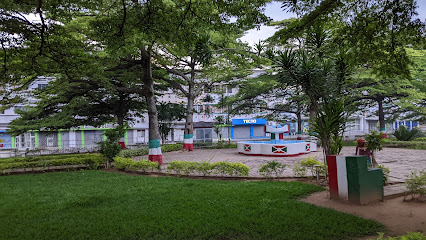
Rusizi Delta Natural Reserve ENTRANCE
Explore Burundi's Rusizi Delta Natural Reserve: A haven for birdwatchers and nature lovers seeking tranquility and diverse ecosystems.
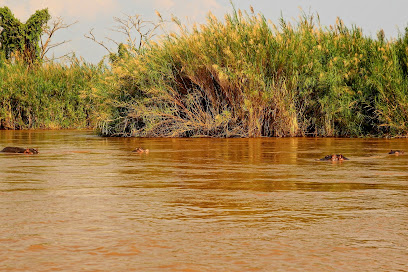
Market Central
Discover the lively Market Central in Bujumbura - a cultural hub for local crafts, delicious food, and authentic Burundian experiences.
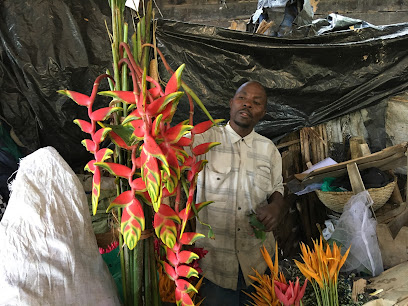
Mausolée des Héros de la Démocratie
Reflect on Burundi's journey to democracy at this memorial in Bujumbura, honoring the heroes who fought for freedom and peace.
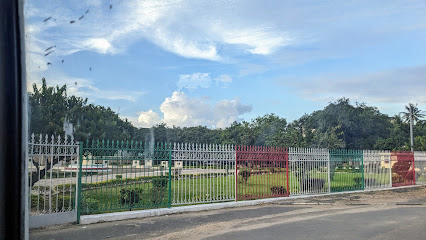
Olive’s Garden
Experience serenity and natural beauty at Olive's Garden, a tranquil oasis in Bujumbura perfect for relaxation and gatherings.
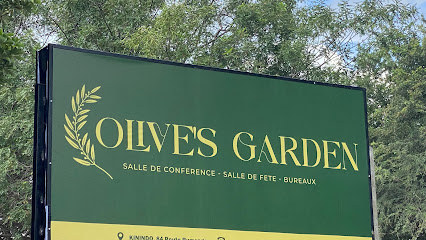
Urugori Gardenia
Experience the tranquil beauty of Urugori Gardenia, a serene garden oasis in Bujumbura, perfect for relaxation and picturesque walks.

RIVER NTAHANGWA
Experience the natural beauty and cultural richness of River Ntahangwa, a serene escape in Bujumbura, Burundi, perfect for relaxation and exploration.
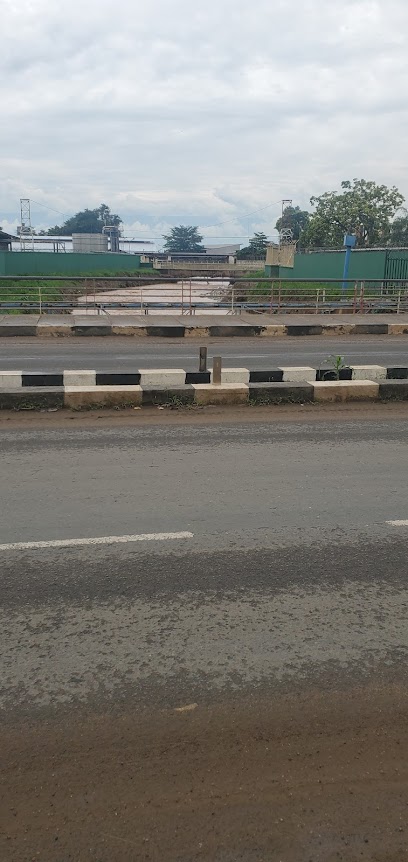
Kagwema
Experience the tranquility of nature at Kagwema Park, Bujumbura's green oasis perfect for relaxation, picnics, and scenic strolls.
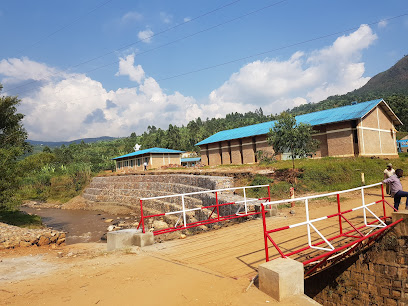
Lookout Tower Rusisi NP
Experience breathtaking panoramic views of Rusisi National Park from the iconic Lookout Tower, a tranquil escape into Burundi's natural beauty.
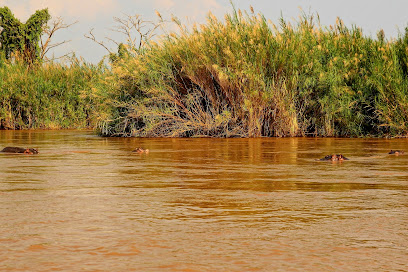
La Beauté du Paysage
Discover panoramic views and serene nature at La Beauté du Paysage in Bujumbura, a perfect escape for relaxation and photography.

Marre aux hippos
Observe hippos in their natural habitat at Marre aux Hippos, a picturesque wildlife haven in Ninga, Burundi. A must-visit for nature lovers!
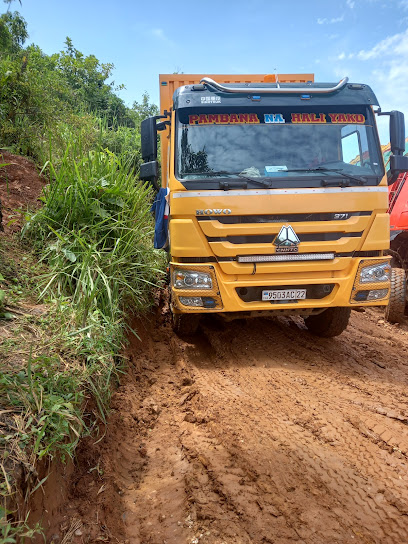
Nkotsi
Explore Nkotsi, a serene tourist attraction in Nyamurenge, Burundi, where nature meets rich cultural heritage in a breathtaking landscape.

Arriston Villa
Discover the lush landscapes of Arriston Villa in Bujumbura, a tranquil garden retreat filled with vibrant flora and serene pathways.
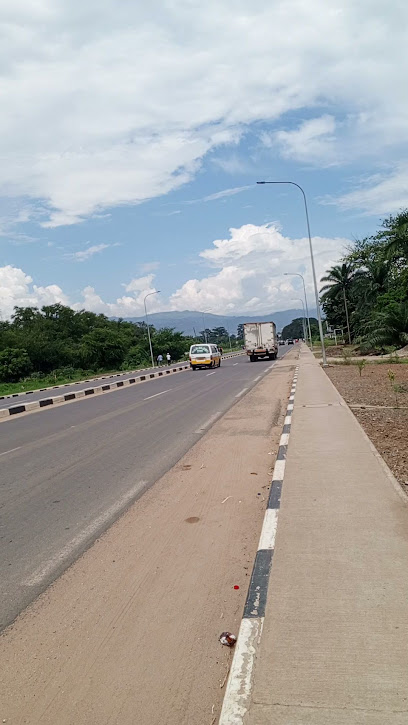
Sadjadi hassan
Discover the tranquility of Sadjadi Hassan Park in Bujumbura, a perfect escape into nature with beautiful landscapes and serene walking paths.

Mubanga
Discover the serene beauty of Mubanga in Rurambira, a breathtaking hiking area perfect for outdoor adventures and peaceful escapes.

Essential places to dine
Waka Waka
Experience authentic Italian cuisine at Waka Waka in Bujumbura – where every dish is crafted with passion and tradition.
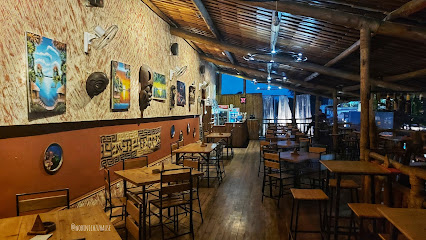
Harrys Grill House
Savor the best barbecue at Harry's Grill House in Bujumbura – where every bite is a celebration of flavor and tradition.
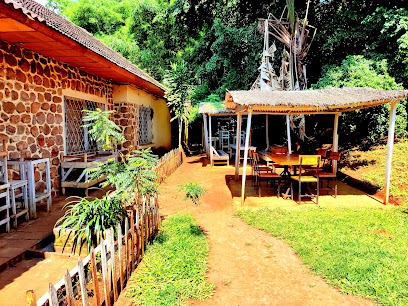
Pasta comedia
Experience authentic Italian cuisine at Pasta Comedia in Bujumbura – where every dish tells a story.
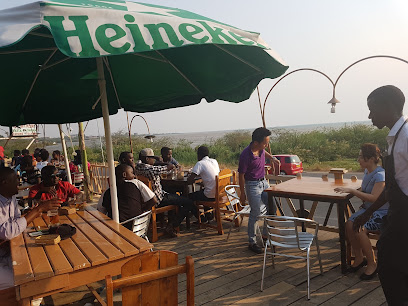
Belvedere Restaurant
Experience authentic Burundian cuisine with stunning views at Belvedere Restaurant in Bujumbura.
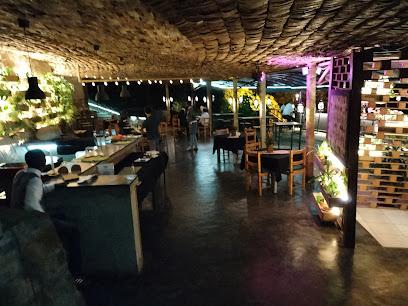
Restaurant Chez Orphée
Experience authentic Burundian flavors at Restaurant Chez Orphée in Bujumbura - a must-visit culinary destination for every traveler.
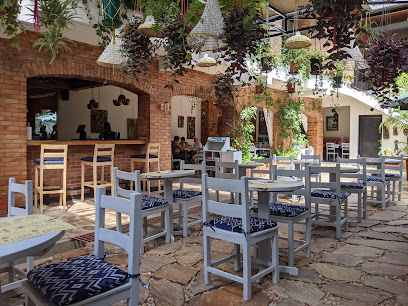
Kibira Park Lodge
Discover serenity and adventure at Kibira Park Lodge, your gateway to nature's wonders in beautiful Burundi.
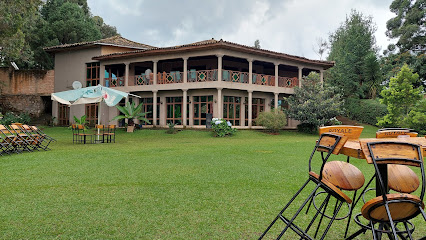
KEZAMIA Restaurant
Experience authentic Burundian cuisine at KEZAMIA Restaurant, where nature meets flavor in Bujumbura.
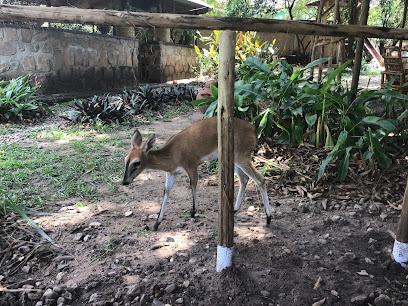
Eden Garden Resort
Discover the exquisite flavors at Eden Garden Resort in Bujumbura—where culinary delight meets serene garden ambiance.
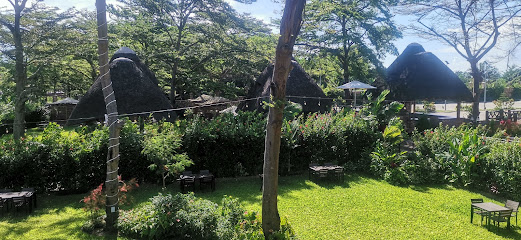
Restaurant Oasis
Experience culinary bliss at Restaurant Oasis in Bujumbura – where local flavors meet international cuisine in a welcoming atmosphere.
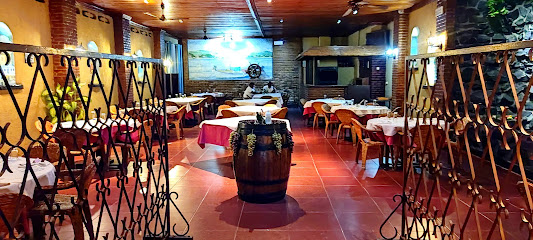
Restaurant Tanganyika
Experience exquisite local cuisine and stunning lake views at Restaurant Tanganyika in Bujumbura.
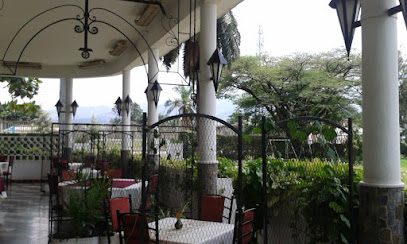
Ku Kigabiro Event
Experience the rich flavors of Burundian cuisine at Ku Kigabiro Event in Bujumbura – where every meal tells a story.
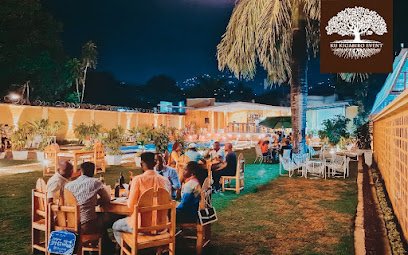
Kiboko Grill
Discover Kiboko Grill in Bujumbura - where family-friendly dining meets breathtaking views of Lake Tanganyika.
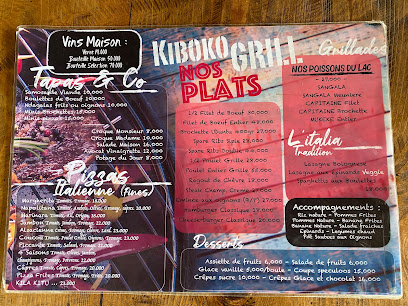
BEST GARDEN RESTO-BAR
Experience the vibrant atmosphere and delightful flavors at Bujumbura's Best Garden Resto-Bar – your perfect retreat for relaxation.

Restaurant Les Deux Plateaux
Experience authentic Burundian flavors at Restaurant Les Deux Plateaux in Bujumbura - where culinary excellence meets local charm.

Kigabiro Snack-Bar (Resto)
Experience the vibrant atmosphere and authentic flavors at Kigabiro Snack-Bar in Bujumbura - your gateway to local culinary delights.
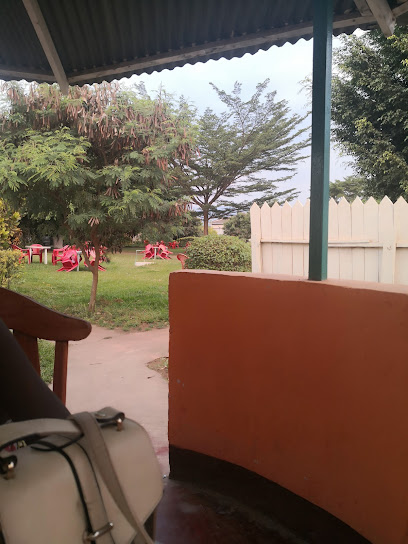
Markets, malls and hidden boutiques
Kibira National Park
Explore Kibira National Park: A lush paradise with rich wildlife, breathtaking views, and cultural heritage in the heart of Burundi.
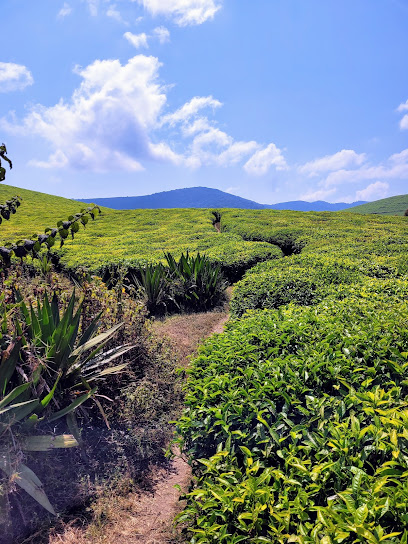
Sun city store
Explore Sun City Store in Bujumbura for unique local products and a taste of Burundian culture.
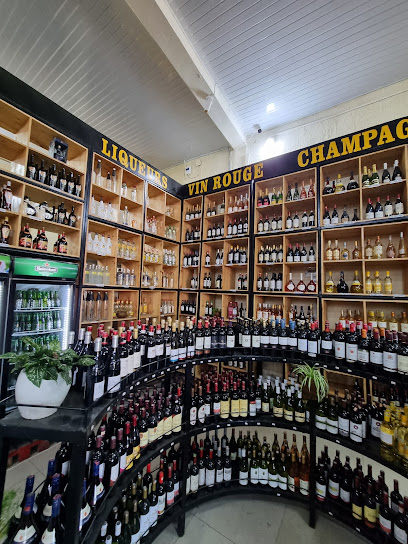
Marché de Kayanza
Experience the vibrant culture of Kayanza at Marché de Kayanza, a lively shopping mall filled with local crafts, food, and community spirit.
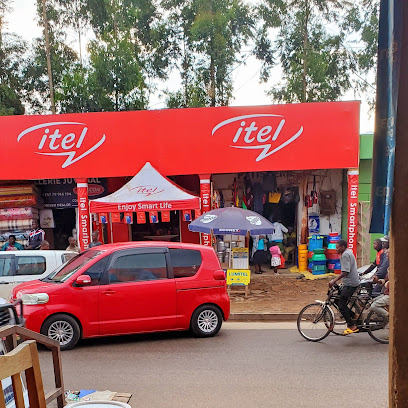
The Children
Experience the flavors of Burundi at The Children grocery store in Ngozi, a perfect blend of local produce and artisanal crafts.
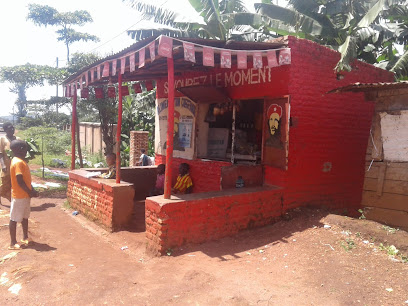
GATUNGURU
Explore Gatunguru, an African goods store in Bujumbura, offering a unique selection of local crafts, textiles, and culinary delights for an authentic Burundian experience.

Boom
Explore Boom in Bujumbura for unique gifts and authentic Burundian souvenirs reflecting the rich local culture.

Kwa Desire
Discover unique Burundian crafts and souvenirs at Kwa Desire, a charming gift shop in Kinyinya, perfect for memorable keepsakes.

Rukaramu
Immerse yourself in Rukaramu’s vibrant culture with unique gifts and local crafts at the charming gift shop, a must-visit for every traveler.
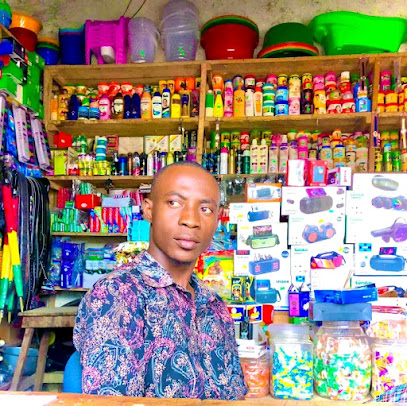
Kilakitu
Experience the vibrant culture and shopping delight at Kilakitu, the premier shopping mall in Bujumbura, Burundi.

Kiosque ADA TIC
Discover the vibrant local flavors and diverse products at Kiosque ADA TIC, Bujumbura's essential supermarket for tourists.
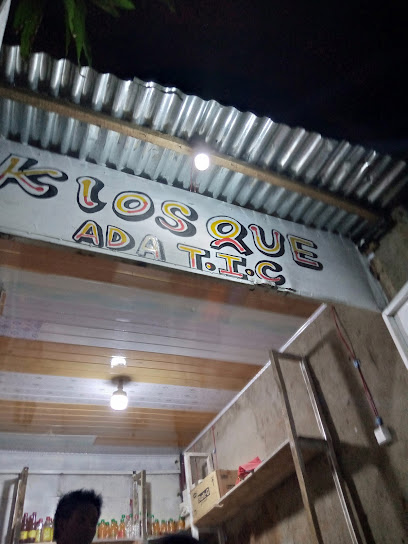
Rukambura
Discover Rukambura in Kayanza, where local crafts meet vibrant culture for an unforgettable shopping experience.

Gift Supermarket Center
Explore the vibrant culture of Burundi at Gift Supermarket Center, your one-stop shop for unique souvenirs and local handicrafts.

EV Decor
Explore unique handcrafted gifts and local art at EV Decor, the ideal shop for souvenirs in Bujumbura, Burundi.

JUST FOR YOU
Explore a diverse selection of locally crafted gifts and souvenirs at JUST FOR YOU Gift Shop in Bujumbura, capturing the essence of Burundi.
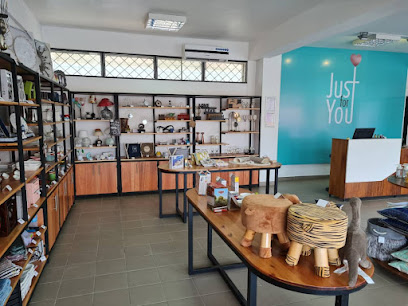
Paul Hasabumutima
Discover unique handcrafted treasures at Paul Hasabumutima, a charming gift shop in Kiremera offering authentic souvenirs and local artistry.

Essential bars & hidden hideouts
Peace and Love Bar
Experience the lively ambiance and authentic Burundian hospitality at Peace and Love Bar in Bujumbura, a perfect spot to unwind and socialize.
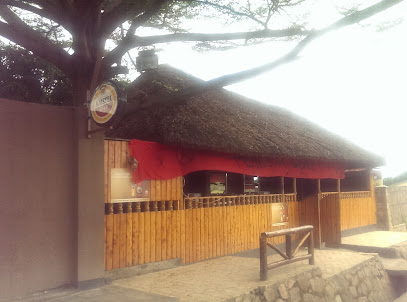
Kumutwenzi Bar
Discover the vibrant energy of Kumutwenzi Bar in Bujumbura, where local drinks and lively music create an unforgettable atmosphere.
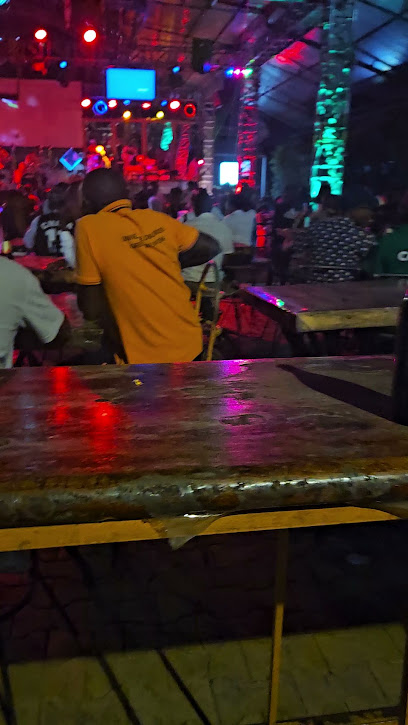
Kiriri Bar (KB)
Discover the lively ambiance of Kiriri Bar in Bujumbura, where refreshing drinks and local culture create an unforgettable nightlife experience.

Zanzi Bar
Discover Zanzi Bar in Bujumbura: a vibrant bar offering a delightful mix of local and international drinks in a friendly atmosphere.
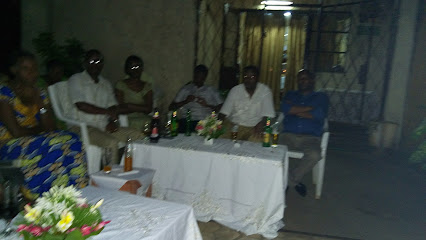
Bar Kwihuriro
Experience the vibrant nightlife at Bar Kwihuriro in Bujumbura, where local beverages and a friendly atmosphere await.

Bugarama Bar
Experience the vibrant local culture at Bugarama Bar in Mpehe, where refreshing drinks and a lively atmosphere come together.
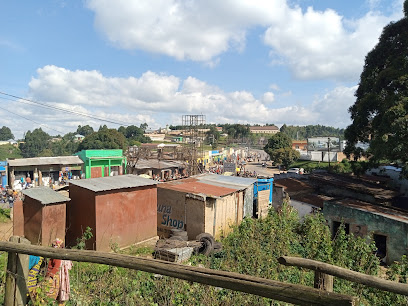
BEST GARDEN RESTO-BAR
Discover the vibrant spirit of Bujumbura at BEST GARDEN RESTO-BAR, a perfect blend of local charm and lively ambiance.

Kiboko Foods and Drinks
Experience the rich flavors of Bujumbura at Kiboko Foods and Drinks, where grill perfection meets local hospitality.
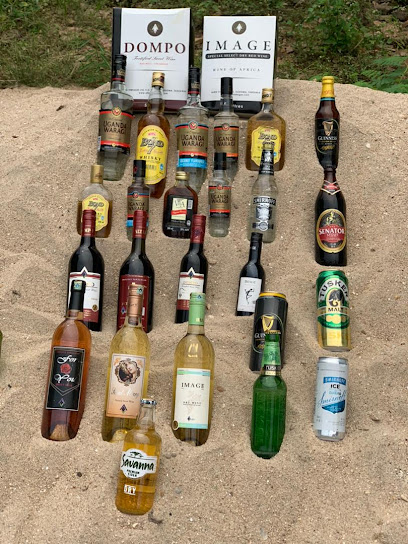
Mandela Bar
Discover the lively spirit of Nyambuye at Mandela Bar, a vibrant destination for delicious drinks and unforgettable social experiences.

Kuri INTERNATIONAL
Discover the vibrant nightlife at Kuri INTERNATIONAL, a popular bar in Bujumbura offering a delightful selection of drinks and a lively atmosphere.

MIKI Lounge Bar
Experience the vibrant nightlife at MIKI Lounge Bar in Mpehe, where exquisite drinks and lively atmosphere await every visitor.

Kwa Majidi
Experience the vibrant atmosphere of Kwa Majidi in Butuhurana, a local bar where culture, drinks, and friendship come together.

Bar Beraka
Discover Bar Beraka in Bujumbura: A lively bar offering local flavors, refreshing drinks, and a vibrant atmosphere perfect for tourists and locals alike.

KU KABINGO BAR/GARDEN
Discover the vibrant atmosphere and local flavors at KU KABINGO BAR/GARDEN, a perfect retreat in the heart of Bujumbura.

Local Phrases about Kibira National Park
-
- HelloAmakuru
[ah-mah-koo-roo] - GoodbyeKwaheri
[kwah-heh-ree] - YesEego
[ee-go] - NoOya
[oh-yah] - Please/You're welcomeKurakoze
[koo-rah-koh-zay] - Thank youMurakoze
[moo-rah-koh-zay] - Excuse me/SorryNikosa
[nee-koh-sah] - How are you?Amakuru meza?
[ah-mah-koo-roo meh-zah] - Fine. And you?Meza. Wewe?
[meh-zah. way-way] - Do you speak English?Wabwira ikinyarwanda?
[wah-bwee-rah ee-keen-yah-rwan-dah] - I don't understandNtazi
[en-tah-zee]
- HelloAmakuru
-
- I'd like to see the menu, pleaseNifise ikimeny, kubandi
[nee-fee-say ee-kee-men-ee, koo-bahn-dee] - I don't eat meatSiya kugenda amata
[see-yah koo-gen-dah ah-mah-tah] - Cheers!Amahoro!
[ah-mah-ho-roh] - I would like to pay, pleaseNifise kugura, kubandi
[nee-fee-say koo-goo-rah, koo-bahn-dee]
- I'd like to see the menu, pleaseNifise ikimeny, kubandi
-
- Help!Umwokoze!
[oom-wok-oh-zay] - Go away!Genda gutaha!
[gen-dah goo-tah-hah] - Call the Police!Sibyisi igipolisi!
[see-bee-ee-see ee-gee-poh-lee-see] - Call a doctor!Sibyisi umuganga!
[see-bee-ee-see oo-moo-gahn-gah] - I'm lostNtambwe
[en-tahm-bweh] - I'm illNdi umusaraba
[en-dee oo-moo-sah-rah-bah]
- Help!Umwokoze!
-
- I'd like to buy...Nifise gushaka...
[nee-fee-say goo-shah-kah] - I'm just lookingNtashaka
[en-tah-shah-kah] - How much is it?Ni bangahe?
[nee bahn-gah-heh] - That's too expensiveNi bangahe kuki?
[nee bahn-gah-heh koo-kee] - Can you lower the price?Wigufurire iki?
[wee-goo-foo-ree-ray ee-kee]
- I'd like to buy...Nifise gushaka...
-
- What time is it?Saa ngapi?
[sah-ah ngah-pee] - It's one o'clockNi saa ya munani
[nee sah-ah yah moo-nah-nee] - Half past (10)I saa ya cumi n'igice
[ee sah-ah yah choo-mee n-ee-gee-chay] - MorningUmugoroba
[oo-moo-go-roh-bah] - AfternoonUmusana
[oo-moo-sah-nah] - EveningIgihe cy'indamukanyo
[ee-ghee-kay chee-een-dah-moo-kahn-yoh] - YesterdayEjo
[ay-joh] - TodayEjo
[ay-joh] - TomorrowEjo
[ay-joh] - 1Rimwe
[ree-mweh] - 2Kabiri
[kah-bee-ree] - 3Gatatu
[gah-tah-too] - 4Kane
[kah-nay] - 5Gatanu
[gah-tah-noo] - 6Gatandatu
[gah-tahn-dah-too] - 7Kumana
[koo-mah-nah] - 8Munani
[moo-nah-nee] - 9Icyenda
[ee-chee-en-dah] - 10Icumi
[ee-choo-mee]
- What time is it?Saa ngapi?
-
- Where's a/the...?Igihe cy'ikindi...?
[ee-ghee-kay chee-een-dee] - What's the address?Aho ni iki?
[ah-hoh nee ee-kee] - Can you show me (on the map)?Wigufurire iki (kuri iki ramapu)?
[wee-goo-foo-ree-ray ee-kee koo-ree ee-kee rah-mah-poo] - When's the next (bus)?Igihe cy'ikindi (bus)?
[ee-ghee-kay chee-een-dee bus] - A ticket (to ....)Igishanga (kuri ...)
[ee-ghee-shahn-gah koo-ree]
- Where's a/the...?Igihe cy'ikindi...?
History of Kibira National Park
-
Before the arrival of European colonizers, the region now known as Kibira National Park was inhabited by various indigenous tribes, including the Twa, Hutu, and Tutsi. These communities lived in harmony with the forest, relying on its resources for sustenance and spiritual practices. The Twa, in particular, were known as forest dwellers and had a deep connection with the land, utilizing its resources for hunting, gathering, and medicinal purposes.
-
During the late 19th and early 20th centuries, Burundi came under German and later Belgian colonial rule. The colonial administration recognized the ecological value of the Kibira forest and established it as a forest reserve in the early 1930s. This designation aimed to protect the forest from deforestation and exploitation, preserving its biodiversity and essential water catchment areas.
-
Burundi gained independence from Belgium in 1962, and with it came a renewed focus on conservation. In 1980, the forest reserve was officially designated as Kibira National Park, encompassing approximately 400 square kilometers. This change aimed to enhance protection measures, promote sustainable tourism, and ensure the long-term preservation of the park's unique ecosystems and wildlife.
-
Kibira National Park is home to a rich array of biodiversity, including over 200 species of birds, numerous primates like chimpanzees and colobus monkeys, and various plant species. Conservation efforts have been crucial in maintaining this biodiversity. International and local organizations have collaborated to monitor wildlife, combat poaching, and engage local communities in conservation activities, ensuring the park's ecological integrity.
-
The park holds significant cultural value for the surrounding communities. Traditional practices, folklore, and rituals are deeply intertwined with the forest. The local communities, particularly the Twa, have been involved in conservation efforts, recognizing the park's importance for both ecological and cultural heritage. Initiatives have been implemented to promote sustainable livelihoods, such as eco-tourism and handicrafts, benefiting the local population while preserving their cultural practices.
-
In recent years, Kibira National Park has become a focal point for eco-tourism in Burundi. Efforts have been made to develop infrastructure, such as trails and visitor centers, to facilitate responsible tourism. Eco-tourism initiatives aim to provide visitors with an immersive experience, showcasing the park's natural beauty and cultural heritage while promoting conservation awareness. Revenue generated from tourism supports park management and local community projects.
Kibira National Park Essentials
-
Kibira National Park is situated in northwestern Burundi. The nearest international airport is Bujumbura International Airport (BJM) in the capital city, Bujumbura, which is approximately 100 kilometers away from the park. From Bujumbura, you can hire a private taxi or use local minibuses (matatus) to reach the park. The journey typically takes around 2 to 3 hours by road. Alternatively, some tour operators offer guided tours that include transportation to and from the park.
-
Within Kibira National Park, the primary mode of transportation is on foot due to the dense forest terrain. For longer distances, 4x4 vehicles are recommended and can be hired with a driver from local tour operators. In the surrounding areas, local minibuses (matatus) and motorbike taxis (boda-bodas) are commonly used for transportation. Renting a car can be an option, but it is advisable to have an experienced local driver due to the challenging road conditions.
-
The official currency in Burundi is the Burundian Franc (BIF). While major hotels and some tourist facilities may accept credit cards, it is advisable to carry cash, especially for smaller establishments and local markets. ATMs are available in major towns, but it is wise to withdraw sufficient cash in Bujumbura before traveling to Kibira National Park. Ensure you have small denominations as larger bills can be difficult to change in rural areas.
-
Kibira National Park is generally safe for tourists, but it is important to take standard precautions. Avoid walking alone at night and keep an eye on your belongings in crowded places. Some areas in Bujumbura have higher crime rates, so it is advisable to stay in well-populated and well-lit areas. In the park, always stay with your group and follow the guidance of your tour guide to avoid getting lost in the dense forest.
-
In case of an emergency, dial 112 for immediate assistance. It is recommended to have travel insurance that covers medical emergencies. There are basic medical facilities in nearby towns, but for serious health issues, you may need to travel back to Bujumbura where better medical services are available. Carry a first aid kit and any necessary medications with you. Inform your tour guide or park authorities immediately if you encounter any problems.
-
Fashion: Do dress modestly and wear comfortable, weather-appropriate clothing. Avoid wearing flashy jewelry and expensive items. Religion: Do respect local customs and traditions. Public Transport: Do be respectful and follow local etiquette when using public transport. Don't eat or drink on public transport. Greetings: Do greet people with a handshake. A smile and a friendly greeting in the local language, Kirundi, are appreciated. Eating & Drinking: Do try local delicacies and accept food offerings graciously. Don't refuse hospitality, as it is considered impolite.
-
To experience Kibira National Park like a local, engage with local guides who can share insightful stories about the park's history and biodiversity. Visit local villages around the park to learn about traditional Burundian culture and customs. Participate in community-based tourism activities such as traditional dance performances and craft workshops. Don't miss the opportunity to enjoy a picnic by the Rwegura Dam, which offers stunning views of the surrounding forest and is a popular spot among locals.
Nearby Cities to Kibira National Park
-
Things To Do in Muramvya
-
Things To Do in Ngozi
-
Things To Do in Cibitoke
-
Things To Do in Bujumbura
-
Things To Do in Butare
-
Things To Do in Gitega
-
Things To Do in Kirundo
-
Things To Do in Karongi
-
Things To Do in Muyinga
-
Things To Do in Muhanga
-
Things To Do in Kibuye
-
Things To Do in Bururi
-
Things To Do in Rumonge
-
Things To Do in Nyamata
-
Things To Do in Kigali





